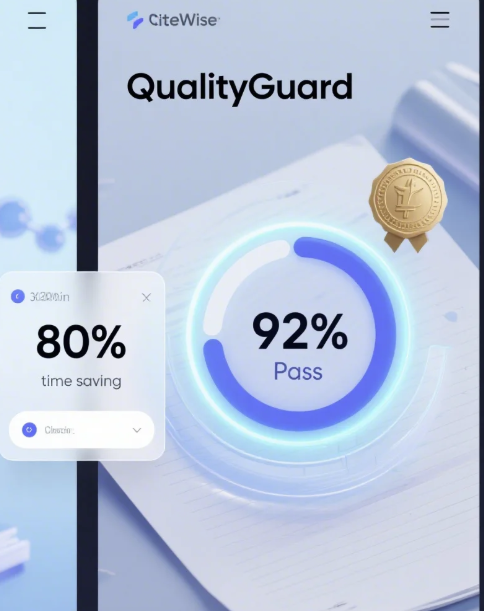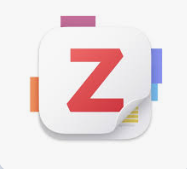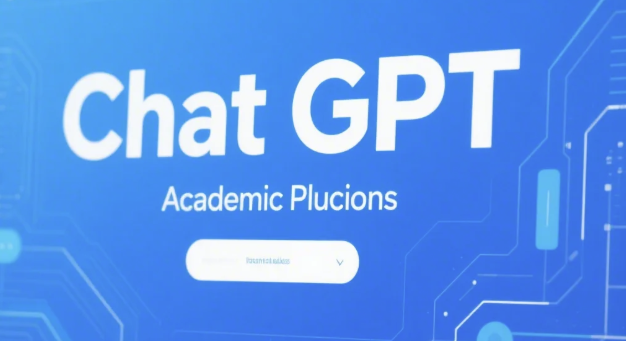Introduction: The AI Invasion in Academic Research
Let’s face it—writing a literature review is one of the most time-consuming and mentally draining parts of academic research. Whether you’re a student trying to finish your thesis or a researcher juggling multiple projects, summarizing and analyzing countless papers can feel like an endless uphill battle.
But what if AI tools could take over the grunt work? These tools promise to save time, improve quality, and make the whole process more efficient. Sounds like a dream, right? But here’s the controversial question: Are AI tools helping researchers produce better literature reviews, or are they making us lazy and compromising academic integrity?
In this article, we’ll explore the best AI tools for literature reviews, their features, and whether they’re a blessing or a curse for modern research.
Why Literature Reviews Need AI Tools

Writing a literature review isn’t just about summarizing papers—it’s about synthesizing complex ideas, identifying gaps in research, and building a strong foundation for your work. But let’s be real:
It’s tedious: Scanning through hundreds of papers to find the relevant ones is exhausting.
It’s time-consuming: Writing summaries, organizing ideas, and citing sources can take days or even weeks.
It’s overwhelming: With so much information out there, it’s easy to feel lost.
AI tools are designed to tackle these challenges by:
Automating paper searches: AI tools can scan databases and find relevant papers in seconds.
Summarizing content: They can extract key points and insights, saving you hours of reading.
Organizing references: Many tools integrate with citation managers, making it easier to keep track of your sources.
But do these tools really deliver on their promises? Let’s take a closer look.
Top AI Tools for Literature Reviews
Here’s a rundown of the best AI tools that are transforming how researchers approach literature reviews:
1. Zotero (with ZoteroBib and Plugins)

Why it’s great: Zotero is a powerhouse for managing references, and its AI-powered plugins take it to the next level. It can automatically extract metadata, suggest related papers, and even generate citations in seconds.
Key features:
Automatic metadata extraction
Integration with Word and Google Docs
Plugins for AI-powered recommendations
Pros:
Free and open-source
Easy to use for beginners
Cons:
Limited advanced AI features
Requires manual input for organizing references
2. Scholarcy

Why it’s great: Scholarcy is like having a personal research assistant. It can summarize academic papers, extract key points, and create flashcards for quick review.
Key features:
AI-powered paper summarization
Reference extraction and linking
Flashcard creation for quick learning
Pros:
Saves time on reading and summarizing
Affordable pricing plans
Cons:
Summaries may lack depth
Limited customization options
3. EndNote (with AI Enhancements)

Why it’s great: EndNote is a popular reference management tool that now incorporates AI features to help researchers organize and cite sources more effectively.
Key features:
AI-powered reference suggestions
Integration with academic databases
Advanced citation formatting
Pros:
Comprehensive reference management
Suitable for large-scale projects
Cons:
Expensive for individual users
Steep learning curve for beginners
4. Scite

Why it’s great: Scite goes beyond traditional citation counting by analyzing how papers are cited. It uses AI to classify citations as supporting, contrasting, or mentioning, giving researchers deeper insights into the impact of a paper.
Key features:
Citation classification (supporting, contrasting, mentioning)
Smart search for relevant papers
Integration with reference managers
Pros:
Provides deeper insights into citations
Helps identify influential papers
Cons:
Limited free version
Not ideal for beginners
5. ChatGPT (with Academic Plugins)

Why it’s great: ChatGPT, especially when paired with academic plugins, is a game-changer for brainstorming, summarizing, and even drafting sections of your literature review.
Key features:
AI-powered text generation
Summarization of complex ideas
Assistance with writing and editing
Pros:
Highly versatile
Can be customized for specific tasks
Cons:
Requires careful fact-checking
Risks of over-reliance on AI-generated text
Pros and Cons of Using AI Tools for Literature Reviews
Like any technology, AI tools come with their own set of advantages and challenges. Here’s what you need to know:
Pros:
Time-saving: Automates tedious tasks like summarizing papers and formatting citations.
Improved accuracy: Reduces the risk of missing key papers or making citation errors.
Enhanced insights: Tools like Scite provide deeper analysis of citations and research trends.
Cons:
Over-reliance: Depending too much on AI can lead to shallow understanding.
Ethical concerns: Using AI-generated summaries without proper attribution can raise questions about academic integrity.
Learning curve: Some tools require time to master, especially for beginners.
FAQs: Common Questions About Literature Review AI Tools
Q: Are AI tools ethical to use in academic research?
A: Yes, as long as they are used responsibly. Always double-check AI-generated content and give proper attribution when using summaries or insights.
Q: Can AI tools replace human researchers?
A: No, AI tools are designed to assist, not replace. Critical thinking and deep understanding are still essential for producing high-quality research.
Q: Are these tools suitable for students?
A: Absolutely! Tools like Zotero and Scholarcy are user-friendly and affordable, making them ideal for students.
Conclusion: Are AI Tools the Future of Literature Reviews?
AI tools like Zotero, Scholarcy, EndNote, Scite, and ChatGPT are undeniably changing the game for academic research. They save time, improve accuracy, and make the daunting task of writing a literature review more manageable.
But here’s the thing: AI tools are just that—tools. They’re not a substitute for critical thinking, creativity, or deep understanding. So, are AI tools destroying academic integrity? Not if you use them wisely. The key is to let AI handle the repetitive tasks while you focus on the intellectual heavy lifting.
See More Content about AI tools
